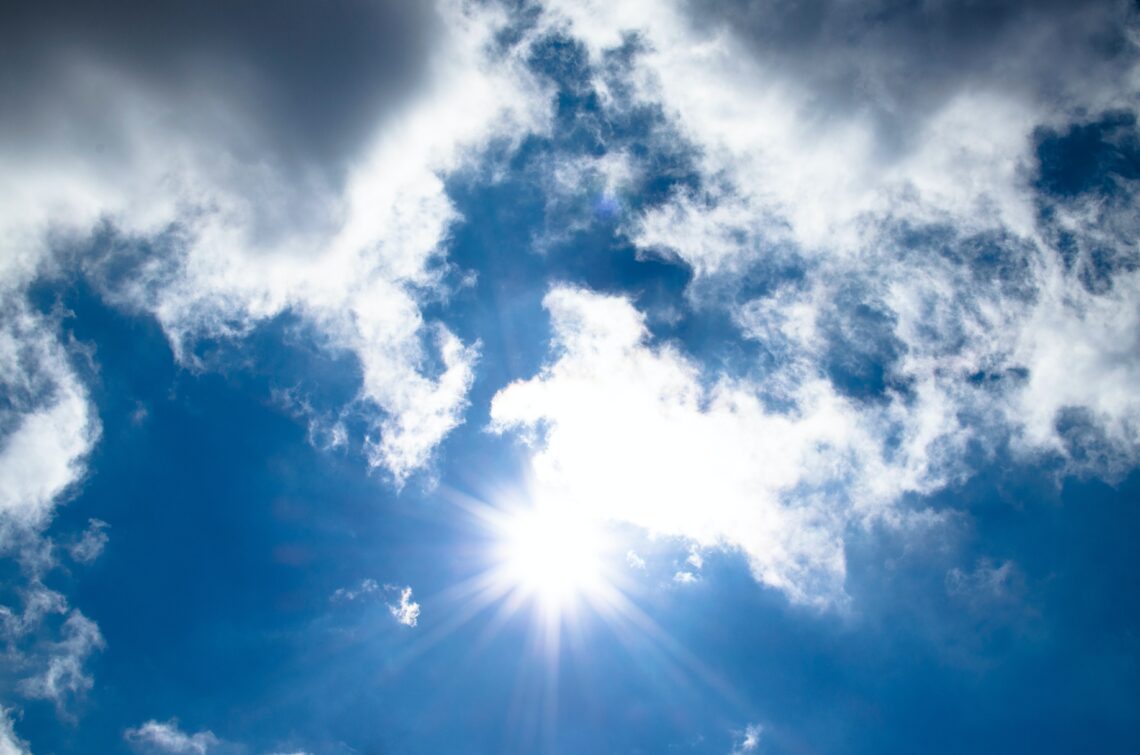
Making up for lost time
The day before the first COVID-19 lockdown, I remember being blissfully unaware at a small concert in Toronto by R&B artist Gallant. I was singing my heart out while trying to keep that nagging voice in the back of my head from bothering me about my exams the next day.
By the following morning, the first lockdown was announced. It was thought to last only two weeks, but since then it has proven to be much longer.
At first, I struggled coping with a sense of loss for my daily life as a young person in their early 20s. Often, this is a very pressuring stage of life. I felt like I had to constantly be working, studying and improving myself, while simultaneously having fun. Now that many services were cut off, these pressures were lifted but I didn’t feel like I was living the life of a typical college student in their prime. By simply standing by when the world was in a crisis, I felt useless.
It was a strange mixture of confusion, relief and grief, but also happiness for no longer having to deal with usual daily stressors such as commuting. As an introvert, my social battery could only go on for so long which made those two weeks without social interaction feel rejuvenating. I could take a temporary pause in life without the judgement.
But feeling relieved quickly turned into immense guilt. Even when there were so many restrictions, I saw fellow colleagues and friends on social media trying their best to fulfill opportunities by finding internships, jobs and networking with other people online. That familiar sense of shame for not being productive returned and I clung to the idea for months that I needed to catch up or I wouldn’t be using my time wisely, even though the pandemic was out of my control. This only led to a cycle of burnout, shame and more burnout.
I was getting overwhelmed, despite being privileged enough to stay within the safety of my own home. This was my final sign to get off social media for however long I felt was necessary. Without the noise of social media, I could focus on my own journey and nobody else’s.
I started small. I attempted to fix bad habits that I used to blame on my busy pre-pandemic lifestyle, like my messy room or consuming too much caffeine. Eventually my goals became bigger. I began creative writing again, taking more walks and focusing on strengthening relationships with my family. These small but important fixes were previous issues I would have never thought of changing if the lockdown didn’t happen. The most stressful year began to look more like a positive challenge for growth.
This finally led me to accepting that I needed mental health therapy to tackle larger issues I had kept in the background of my life. This was a difficult decision since I come from immigrant cultures that value work and others before themselves, but I knew it would be the best next step for me.
Being diagnosed by a professional was a turning point. Finally having an explanation for my behaviour and reasoning behind it was a great perspective change. I was not weird or broken for being overwhelmed by certain triggers more than others. I was not behind or lesser than anyone in my life. I was not losing precious time according to others. I don’t need to have other people’s successes define my worth.
As we see restrictions loosen, I have learned to not stress over feeling excited right away. The impact COVID-19 has had on our mental health has resulted in a collective trauma, so there won’t be a magic switch that will rid us of all our fears. Everyone struggled differently when we all entered the pandemic and there will be varying levels of returning to an in-person society.
Reaching out for help has also debunked the “self-made” myth, at least for myself. I don’t think it’s possible to achieve great success without the aid of others. We are individuals, but we are made out of the thousands of challenges and achievements lived by other people.
I am still recovering, and I acknowledge that I will continue to have bad days, but this does not set me back. While the pandemic has been a tragic event, it has also been an opportunity where I chose growth and acceptance of change. I am thankful for all the hardships it has brought me, but it doesn’t always have to feel so hard. I now know that, even if I feel lost, I can find help and from now on I will only continue to overcome my obstacles.
About the author
Rebecca Benitez-Berona is a reporter at Youth Mind. She is passionate about social justice, creative writing, reading poetry and youth mental health. When she is not writing, she is exploring nature or trying out yet another new bubble tea shop.







